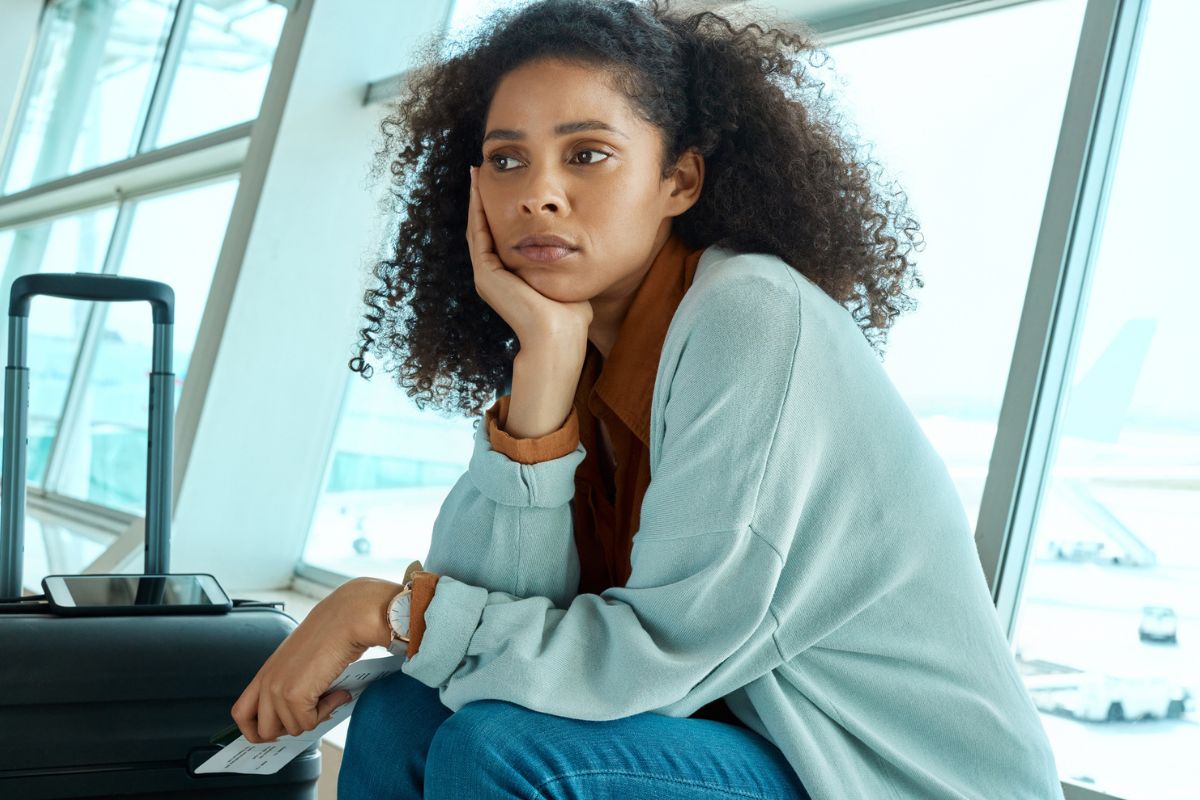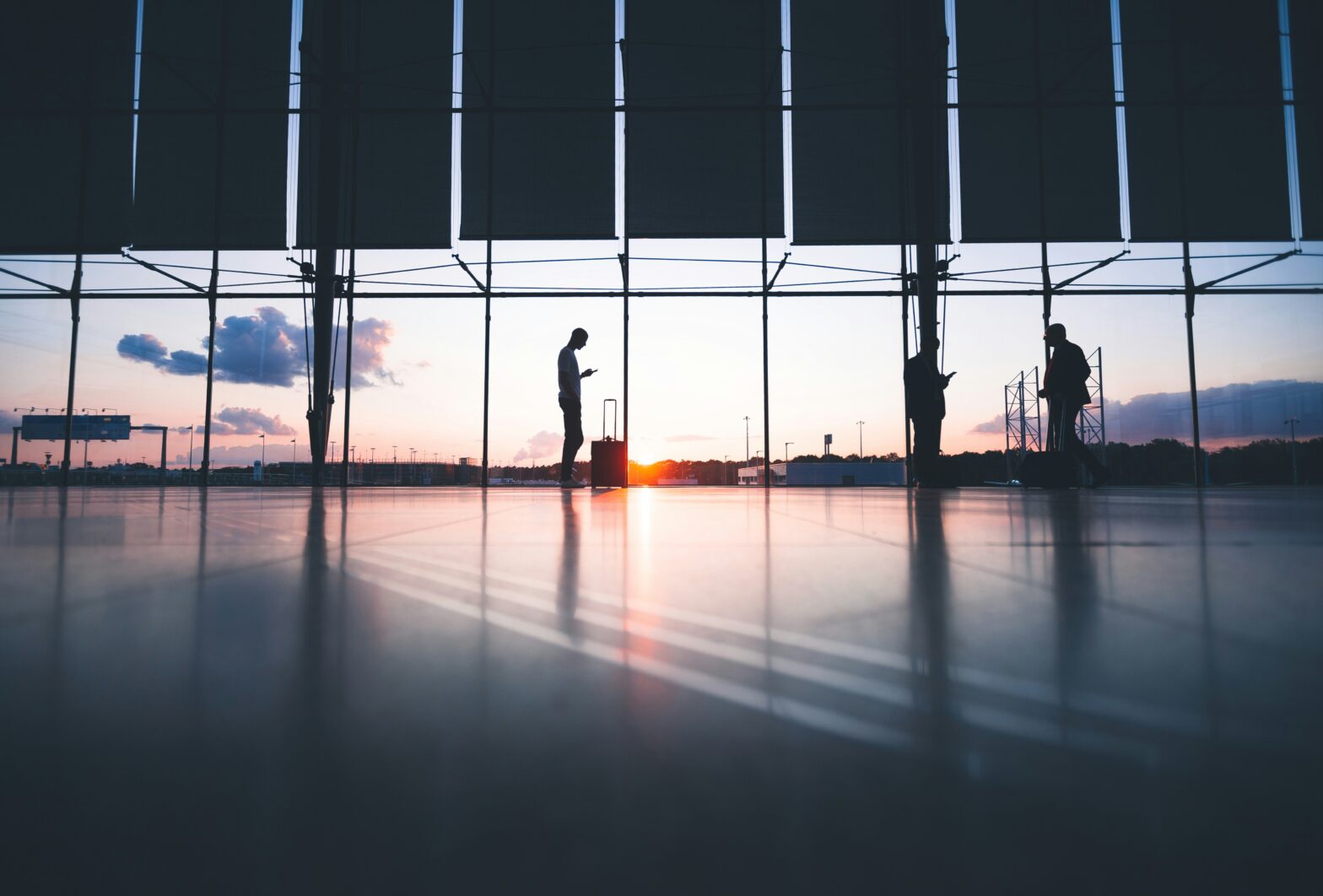Following several aviation incidents in January, including the tragic midair collision at Ronald Reagan Washington National Airport that resulted in 67 presumed dead, an uptick in flight anxiety for even the most seasoned travelers is understandable. Recent headlines about crashes, collisions, and breakdowns may flare concerns. Dr. Gail Saltz, clinical associate professor of psychiatry at Weill Cornell Medical College, explained to CNN that flight anxiety and aerophobia (often called aviophobia) are different things. The former refers to anxieties about flying. Alternatively, aerophobia is an intense fear of flying with physical, emotional, and possibly behavioral symptoms.
Cleveland Clinic reports that over 25 million Americans deal with aerophobia, making it common. This is despite the improvement in air travel safety in recent years. Flying is also still considered the safest mode of transportation.
What Else Should I Consider Regarding Flight Anxiety And Aerophobia?
Experiencing aerophobia may include traditional physical symptoms of anxiety, such as sweating, nausea, upset stomach, shaking, heart palpitations, and more.
Pinning down what triggers your flight anxiety and/or aerophobia may help formulate a plan for quelling it before it starts. If takeoffs and landings are challenging, essential items in your carry-on may help to soothe or distract you. Another example is learning and implementing grounding techniques for calming yourself during turbulence if that’s your fear. If you experience claustrophobia, consider splurging on plane seat tickets that give you more space from others.
Managing aerophobia can also look like practicing exposure therapy, undergoing talk therapy, and sharing your concerns in support groups and safe spaces. Saltz says avoiding air travel is unhelpful, as it won’t help diminish the feeling that flying is unsafe.
“Also, avoid drinking or taking sleeping pills or other drugs (to deal with your phobia) unless prescribed by a doctor,” noted the doctor.
“For many people, their fear is based on flying just seeming like an impossible feat. Educating themselves on the mechanics of aerodynamics is helpful. It’s called intellectualizing as a defense mechanism,” added Saltz on managing or overcoming aerophobia.





